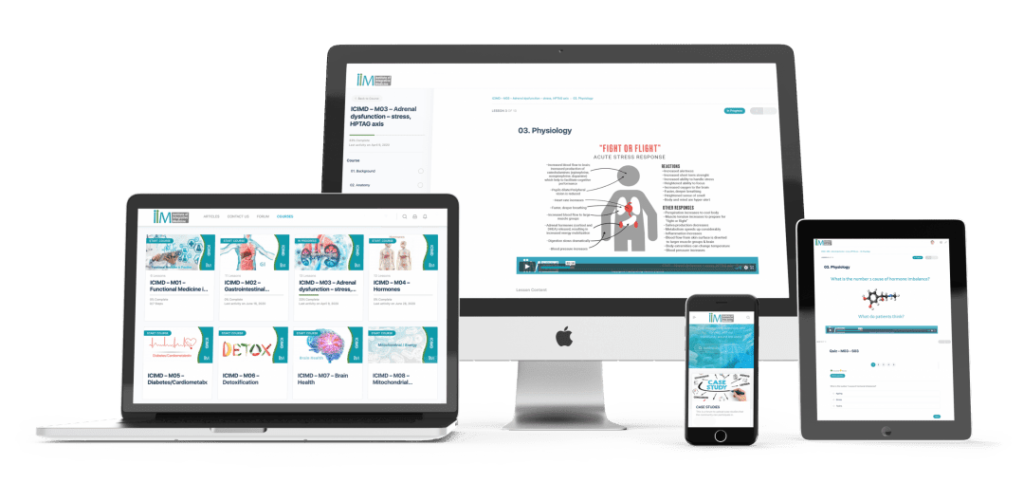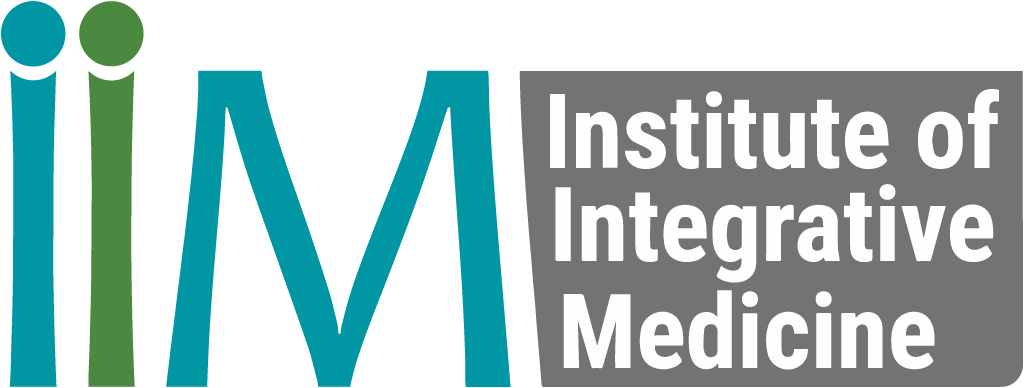Integrative Medicine: Enhancing Clinician Well-being and Patient Care
Struggling with complex chronic disease management and clinician burnout? Conventional approaches often fall short. Integrative Medicine offers an evidence-based, whole-person framework, combining standard care with complementary therapies like nutrition and mind-body practices. This approach aims to enhance patient outcomes, address root causes, and support physician well-being, expanding the therapeutic toolkit for challenging conditions.
Limitations of Standard Protocols and Conventional Medicine
Modern medical practice faces the hurdle of complex chronic disease management. Conditions such as chronic pain, diabetes, and fibromyalgia represent a major burden, severely impacting patient quality of life and daily function. The difficulty lies in their connected nature – involving biological, psychological, and social components. Co-occurring mental health conditions like depression and anxiety further complicate patient management, prognosis, and treatment responses, highlighting why standard protocols for chronic disease care may fall short.
The Rising Challenge of Chronic Disease

Clinicians, particularly in primary care settings, experience challenges managing complex chronic conditions solely with conventional medicine. Conventional medical training’s focus on acute care can clash with the reality of long-term chronic illness management. This gap often leaves standard treatment protocols insufficient for addressing the multifaceted nature of these diseases or the whole patient experience.
The Toll on Clinicians: Physician Burnout and Frustration
Managing complex patient care within conventional models can lead to significant clinician frustration and physician burnout. Encounters with patients facing complex comorbidities or differing health beliefs can be emotionally draining, potentially contributing to negative bias and feelings of inadequacy.
Many clinicians feel ill-equipped to address the connection of factors driving chronic illness, impacting professional efficacy. This underscores the urgent need for expanded chronic disease management strategies and better team-based care models for optimal health and wellness.
An Integrative Medicine Framework
The high prevalence of complex chronic disease, limitations of medical treatments, and resulting physician challenges require a broader therapeutic paradigm. Integrative Medicine (IM) offers a promising path forward, aiming to augment, not replace, conventional care.

Defining Principles of Integrative Medicine
The field of Integrative Medicine is an approach to care that treats the whole person – mind, body and spirit, community, and lifestyle – and emphasises the patient-practitioner partnership.
The approach strategically combines conventional medicine with evidence-based complementary therapies shown to be safe and effective through rigorous scientific investigation. This healthcare model aims to achieve optimal health and healing.
Core Principles of Integrative Healthcare
Integrative care is guided by several key principles:
Focus on Preventive Medicine and Health Promotion: Prioritises wellness strategies and illness prevention.
Practitioner and Patient Partnership: Collaborative relationship focused on shared decision-making.
Whole Person Healthcare: Considers all influences on wellness, health and healing.
Evidence-Informed Practice: Relies on the best scientific evidence for complementary therapies alongside conventional treatments.
Appropriate Use of All Therapies: Integrates diverse disciplines for optimal health, such as Traditional Chinese Medicine and Reiki.
Preference for Less Invasive Methods: Emphasises natural and minimally invasive effective interventions.
Evidence-Based Approach: Responsible Complementary Approaches
A cornerstone of Integrative Medicine is its commitment to being evidence-informed. It doesn’t accept all complementary medicine, nor does it reject conventional medicine. This distinction from “alternative medicine” is crucial for credibility within the medical community. Responsible IM practice demands critical skills to evaluate the varying levels of scientific evidence for different modalities and transparent communication with patients.
Expanding the Therapeutic Toolkit

Scope of Therapies
Integrative Medicine utilises a diverse range of therapeutic modalities, including:
- Nutritional Therapy: Specific diets (e.g., anti-inflammatory), dietary supplements, probiotics.
- Mind-Body Therapies: May include techniques like meditation, yoga, acupuncture, massage therapy, relaxation, biofeedback.
- Lifestyle Medicine: Tailor physical activity, sleep hygiene, and stress management techniques.
Integrative treatment plans are highly personalised, considering individual needs, preferences, and evidence.
Beyond Symptom Management: Addressing Root Causes
A key benefit of integrative approaches is the focus on identifying and addressing root causes of illness, rather than just managing symptoms.
While conventional medicine excels in acute care, integrative strategies delve deeper into factors like chronic stress, gut health, nutrition, environmental exposures, and lifestyle behaviours that contribute to complex chronic conditions. This offers additional avenues for intervention when standard treatments are insufficient.
Transforming Practice: Improving Patient Outcomes and Clinician Well-being
Improving Patient Outcomes and Satisfaction

By offering a broader toolkit and a whole-person care perspective, Integrative Medicine can lead to improved clinical practice. The focus on partnership and addressing individual needs often enhances patient satisfaction and adherence.
Supporting Clinician Well-being and Reducing Burnout
Integrative Medicine can be transformative for healthcare professionals. Shifting the focus towards collaborative care and root-cause analysis can reinvigorate the clinician’s role, turning challenging encounters into opportunities for connection. By providing more tools to help patients struggling with complex chronic disease, IM offers a potential pathway to reduce physician burnout and restore professional fulfilment.
The Path Forward: Integrative Medicine Team
Successfully implementing Integrative Medicine requires dedicated learning. Acquiring formal Integrative Medical education is crucial for developing the necessary knowledge base, clinical skills, and critical abilities to apply these integrative health strategies safely and effectively within the healthcare system.
The Institute of Integrative Medicine offers accredited training for medical professionals wanting to expand their professional development in Integrative, Functional and Preventive Medicine.
In conclusion, Integrative Medicine offers a vital, evidence-based framework to enhance chronic disease management. By adopting an entire person perspective, addressing root causes, and thoughtfully integrating complementary therapies alongside standard treatments; clinicians, specialists and therapists can expand their toolkit, improve patient outcomes, and foster greater professional satisfaction. Embracing integrative approaches, supported by dedicated professional development, holds significant promise for transforming the landscape of chronic care.
How do I Become a Functional Medicine Practitioner?

The Institute of Integrative Medicine is a global leader in the field of Integrative Medicine Education. Integrative medicine aims to be at the forefront of modern technology and new discoveries and focuses on the root cause of disease. The IHP program addresses this need by equipping healthcare professionals with the knowledge to confidently utilise these interventions. We offer certified online courses helping you to take charge of your practice and improve the quality of life for your patients. Find out more about the courses we offer today!

